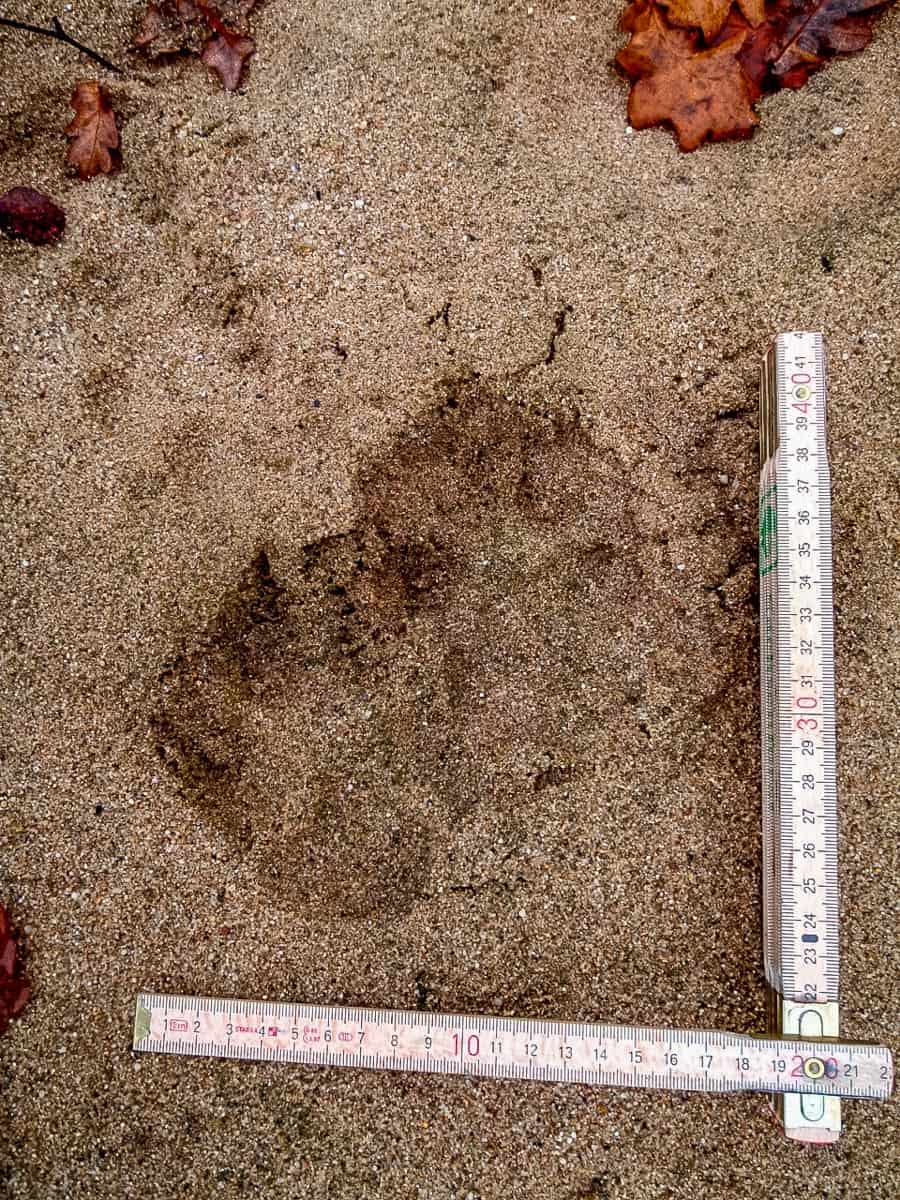Defining nature: revisiting the human-nature relationship
Are humans separate from or part of nature and what defines our relationship with nature? In the next weeks we are joined by our American Wilderness advocate, Tobias Nickel, who takes us on a journey into the human–nature relationship, our adaptive synergy with nature as well as our longstanding actions and experiences that connect us to nature. Today’s essay is part two of the five-part essay series, called Environmental Stewardship in a Post-Natural World.
About the author
Hailing from Cologne, Germany, Tobias Nickel first discovered his love for backpacking and the American West while attending college in California. He graduated from the University of San Diego with a degree in environmental science, philosophy, and political science. Working as a guide for the university’s outdoor adventure center, Tobias led trips to wilderness destinations across the American Southwest. Following graduation, Tobias worked for the National Park Service, the U.S. Forest Service, the Bureau of Land Management, the California Wolf Center, and the Catalina Island Conservancy. Currently, Tobias is a Wilderness Research Fellow with the U.S. Forest Service and finishing up his Master’s in Environmental Management at Western Colorado University. Tobias has a deep passion and appreciation for wild places. His current research is focused on the implications of the Anthropocene for wilderness stewardship.
Revisiting the Human-Nature Relationship
The term “nature” has a number of different meanings, and confusion can result when it is used without stipulating its precise meaning. When describing nature as “the separate and wild province, the world apart from man” (McKibben, 1989), a common response or criticism is that “humans are a part of nature” and that construing an artificial nature-human dichotomy is misguided and dangerous. I will dedicate more space to this claim in the section on the ontological argument for the end of nature, but for now I merely seek to clarify what one might mean when one says that humans exist apart from nature.
For this purpose, it can be helpful to consider Woods’ (2017) continuum of some possible ways in which we can conceptualize the human-nature relationship (Fig. 1). The position of human exceptionalism occupies the far right end of the continuum. According to this view, humans are fundamentally different than – and often morally superior to – other species. This view is generally grounded in a religious or metaphysical view that humans are unique in the universe (e.g., because humans are made in the image of God or because humans possess a soul different from other beings). Proponents of human exceptionalism may, for example, deny Darwin’s theory of evolution and/or support the doctrine of the human domination of nature.

Figure 1. Continuum of the human-nature relationship (reproduced from Woods, 2017).
On the opposite end of the continuum lies the position of total naturalism, which holds that there are no significant differences between Homo sapiens and other species. In this view, humans have evolved from nature, and no meaningful conceptual distinction can be made between human cultures and nonhuman nature. Furthermore, because we are part of nature, everything we do and create is also inherently natural. For example, human-built dams and beaver dams are equally natural in this view. The total naturalism position completely collapses the human-nature dichotomy, essentially arriving at the view that everything is part of nature. In the absence of alternative moral concepts to guide it, total naturalism, like human exceptionalism, can be used to justify and expand the human domination of nature, as it renders such domination conceptually incoherent and, therefore, innocent.
A more moderate version of total naturalism is strong naturalism, which holds that humans and their artifacts are entirely natural, even though the cultural component of human behavior distinguishes us from other species. This position very much resembles that of naturalized human distinctiveness, which occupies the middle right of the continuum. In fact, the differences between these two positions are not always clear, as there is significant convergence between them (Woods, 2017).
According to the view of naturalized human distinctiveness, humans evolved from nature and are not metaphysically distinct. However, while this view holds that all species (including Homo sapiens) are kin, it also postulates that the clustering of human cognitive capacities has resulted in a naturalized distinctiveness through the emergence of human culture. Cultural evolution outpaces biological evolution and non-genetic information is passed intragenerationally and intergenerationally to an extent not found in any nonhuman species. The decoupling of cultural and biological evolution is what sets humans apart from other species. As Woods (2017) explains:
“The quantitative differences in information transfer between human and nonhuman species are of such great magnitude that I suggest we consider them collectively to be a qualitative cultural difference between humans and nonhumans.”
In other words, the positions of strong naturalism and naturalized human distinctiveness stake out a middle ground, allowing for meaningful distinction between humans and nature, while avoiding the problems of both total naturalism and human exceptionalism.
In the End of Nature, McKibben (1989) seems to subscribe to one of these middle ground positions in his view of the human nature-relationship. While his central argument is based on a view that separates humans from nature, he also acknowledges that “man is part of nature,” though he sees this as a merely “semantic argument” (McKibben, 1989). In particular, for McKibben, one of the characteristics that sets humans apart from other species is the disproportional impact we have on the planet:
“The by-products – the pollutants – of one species have become the most powerful force for change on the planet. This change in quantity is so large that it becomes a change in quality.” (McKibben, 1989)
This argument echoes the naturalized human distinctiveness view that the human enterprise has achieved a degree of magnitude that qualitatively distinguishes it from the activities of other species. For example, human-build dams are not just larger in size than beaver dams, they are categorically different.
I want to clarify that when I discuss the end of nature in subsequent sections, I do so from the perspective of naturalized human distinctiveness. To reiterate, in this view, the distinctions between our and other species do not make us metaphysically unique or morally superior vis-à-vis other species. Naturalized human distinctiveness does not sanction domination of nature. In my view, the religious and/or philosophical idea that humans are metaphysically exceptional has been discredited. Homo sapiens is a biological species that exists on an evolutionary continuum with all other species. However, while we are kin to all other species, it is nevertheless possible and, I would argue, necessary to also make meaningful distinctions between Homo sapiens and the rest of the living world. With these clarifications and nuances in mind, let us then proceed to the scientific argument for the end of nature as an independent, separate force.
Join us in the further three weeks to continue our exploration of the concept of nature and of how we can collectively steward wilderness in the Anthropocene!










I still can’t decide if humans are just an advanced animal or something else?it has a lot to do with the mystery surrounding conciousness itself.i think that animals are aware whereas humans are self aware in other words aware that they are aware and thus able to ask questions about the nature of this awareness and it’s probable source.so the question would be as to the nature of this self awareness has it developed out of animals awareness or does it have another source leading us into areas like panpsychicism and even theological concepts like panentheism.